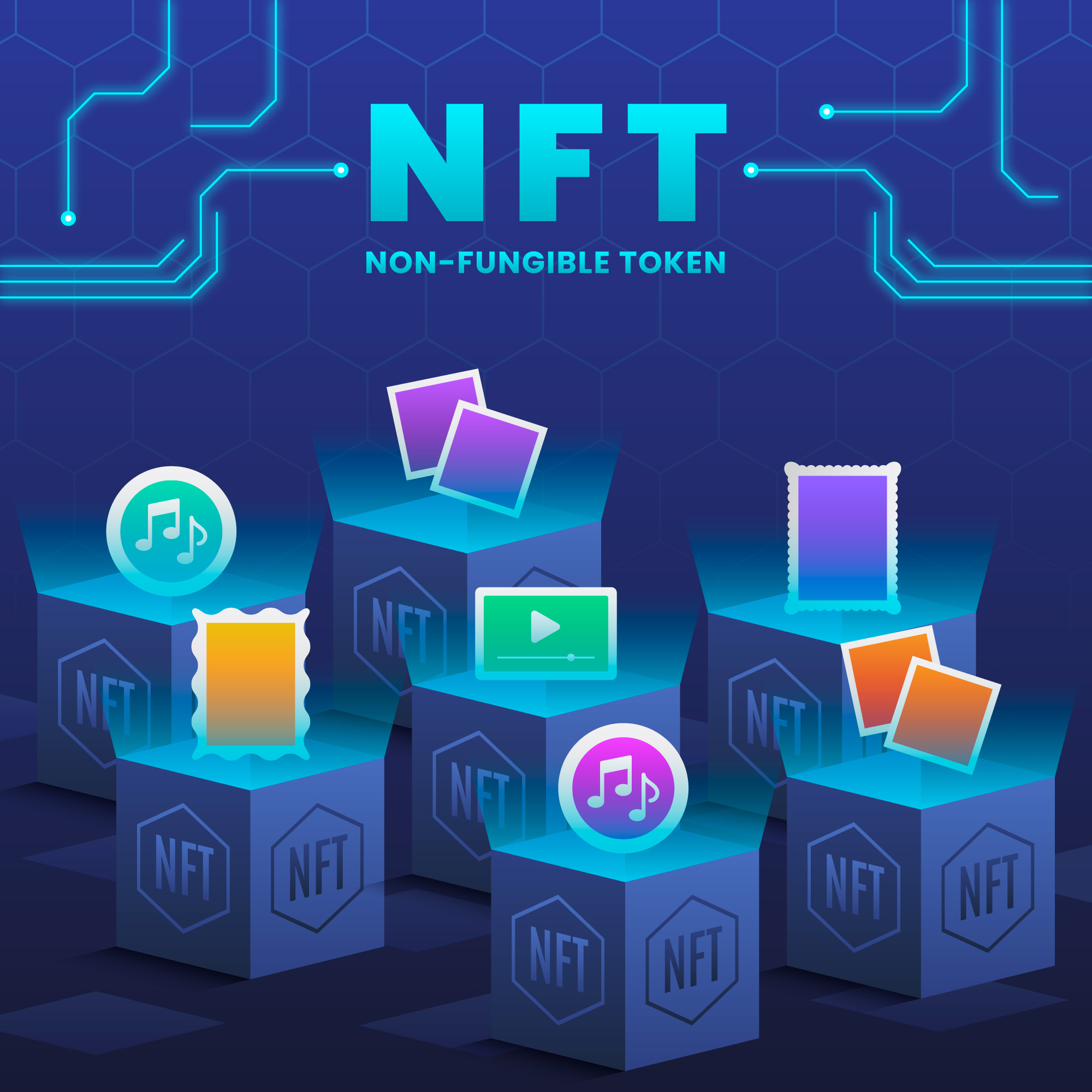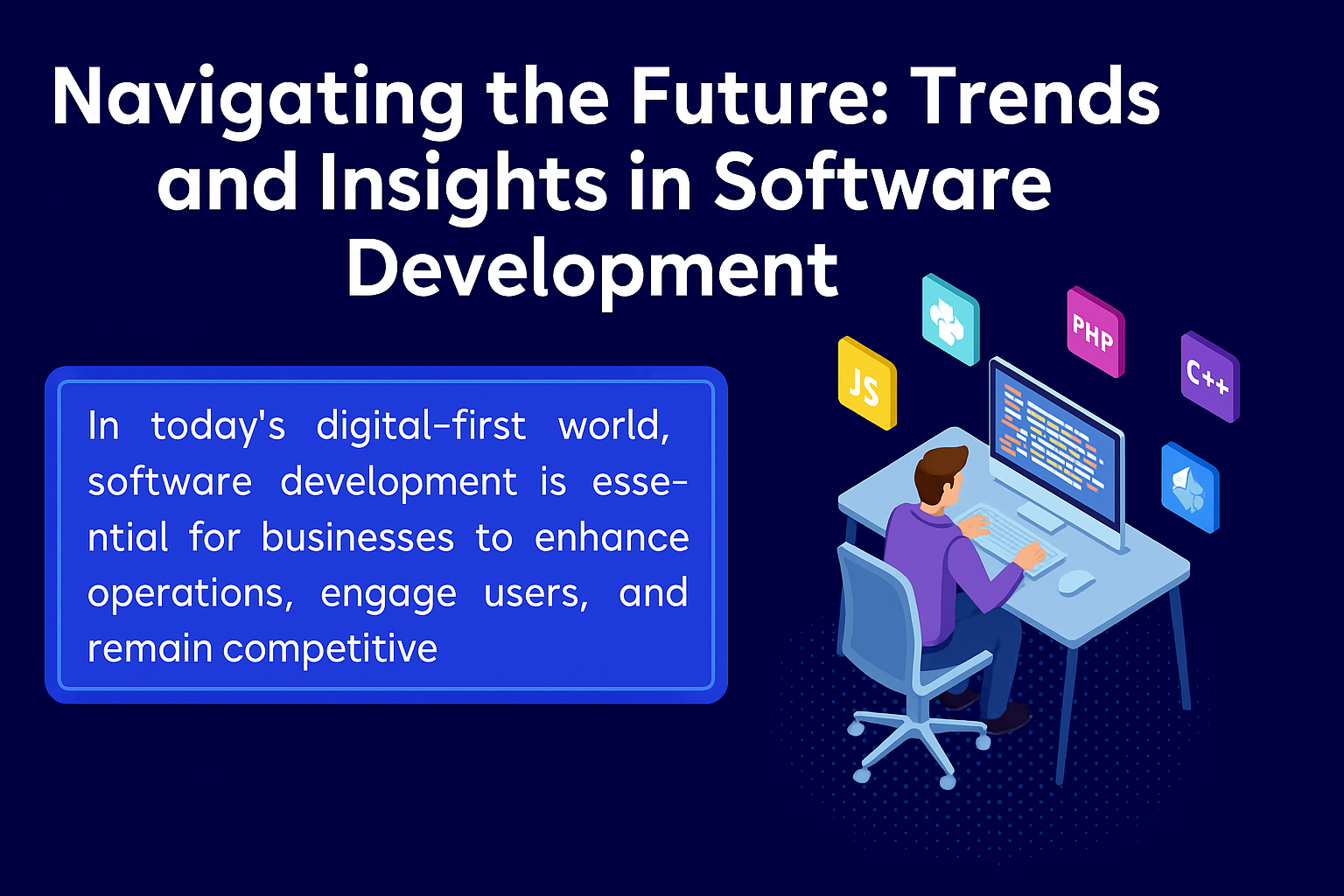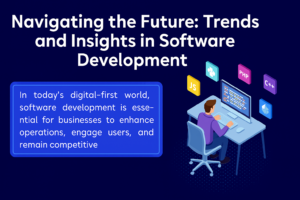What Are the Key Considerations for Successful NFTs in B2B Markets?
In recent years, Non-Fungible Tokens (NFTs) have emerged as a revolutionary technology, transforming various industries, including art, gaming, and real estate. While much of the initial hype surrounding NFTs focused on consumer markets, B2B applications are gaining traction, presenting unique opportunities and challenges. For businesses looking to integrate NFTs into their strategies, understanding the key considerations for successful NFT development is crucial. Here’s a comprehensive look at what businesses need to consider when venturing into the world of NFTs.
1. Defining the Purpose of NFTs in B2B
Before embarking on NFT development, businesses must clearly define the purpose of their NFTs. In B2B markets, NFTs can serve various functions, such as representing ownership of digital assets, providing proof of authenticity, facilitating loyalty programs, or even enabling fractional ownership of physical assets. Identifying the specific use case will guide the entire development process, helping businesses tailor their NFTs to meet the needs of their target audience.
2. Compliance and Regulatory Considerations
The NFT landscape is still evolving, and regulatory frameworks vary significantly by region and industry. Businesses must stay informed about the legal implications of creating and trading NFTs. This includes understanding intellectual property rights, consumer protection laws, and financial regulations related to cryptocurrency transactions. Partnering with an experienced NFT development company can help navigate these complexities, ensuring that the project adheres to relevant laws and guidelines.
3. Selecting the Right Blockchain Platform
Choosing the appropriate blockchain platform is a critical decision in NFT development. Various platforms, such as Ethereum, Binance Smart Chain, and Solana, offer different features, transaction speeds, and costs. Businesses must evaluate these factors based on their specific needs. For instance, Ethereum is known for its extensive ecosystem and robust security features, while other platforms might offer lower transaction fees and faster processing times. The choice of blockchain will impact the NFT’s scalability, interoperability, and long-term viability.
4. User Experience and Interface Design
A seamless user experience is vital for the success of NFTs in B2B markets. Businesses should prioritize creating an intuitive interface that makes it easy for users to buy, sell, and manage their NFTs. This involves careful consideration of the user journey, from the initial onboarding process to the eventual transaction. Ensuring that the platform is user-friendly can significantly enhance user engagement and satisfaction, ultimately leading to higher adoption rates.
5. Security and Fraud Prevention
Security is paramount in the NFT space, particularly in B2B transactions involving high-value assets. Businesses must implement robust security measures to protect against hacking, fraud, and unauthorized access. This can include multi-factor authentication, secure wallets, and regular security audits. Partnering with a reputable NFT development company that prioritizes security can provide peace of mind and help mitigate potential risks.
6. Building a Strong Community
Creating a thriving community around NFTs can enhance their value and promote engagement. Businesses should focus on building a network of stakeholders, including customers, partners, and influencers. This can be achieved through social media campaigns, forums, and events that encourage interaction and collaboration. A strong community fosters trust and loyalty, making it easier for businesses to promote their NFTs and engage users effectively.
7. Marketing and Awareness Strategies
Effective marketing is essential for the success of any NFT project. Businesses should develop a comprehensive marketing strategy that highlights the unique value proposition of their NFTs. This can include content marketing, social media campaigns, influencer partnerships, and participation in industry events. Educating potential users about the benefits of NFTs and how they can be leveraged in B2B contexts will help drive adoption and increase interest.
8. Integration with Existing Systems
For NFTs to be truly effective in B2B markets, they must integrate seamlessly with existing business systems. This includes CRM platforms, supply chain management software, and payment gateways. The integration process can be complex, requiring the expertise of a Blockchain App Development team to ensure that all systems work harmoniously. A well-integrated solution enhances efficiency and can lead to significant cost savings over time.
9. Scalability and Future-Proofing
As businesses grow and the NFT market evolves, scalability becomes a critical consideration. The NFT solution should be designed to accommodate increased demand and adapt to future developments in technology and market trends. This includes choosing a blockchain that can handle high transaction volumes and ensuring that the platform can be updated or expanded as needed. Future-proofing the NFT strategy will help businesses maintain a competitive edge in a rapidly changing landscape.
10. Analytics and Performance Metrics
To measure the success of NFT initiatives, businesses must establish clear performance metrics. This can include tracking sales volume, user engagement, transaction frequency, and overall return on investment. Utilizing analytics tools will provide valuable insights into user behavior and preferences, enabling businesses to refine their strategies and improve their offerings. Data-driven decision-making is crucial for optimizing NFT development and ensuring long-term success.
Conclusion
NFT development in B2B markets presents a wealth of opportunities for businesses willing to explore this innovative technology. By carefully considering the purpose of their NFTs, navigating regulatory challenges, selecting the right blockchain, prioritizing user experience, and building a strong community, businesses can position themselves for success. Moreover, working with a skilled NFT development company can help streamline the development process and ensure that all aspects of the project are addressed effectively. With the right approach, NFTs can become a powerful tool for driving engagement, loyalty, and revenue in the B2B landscape.














Post Comment